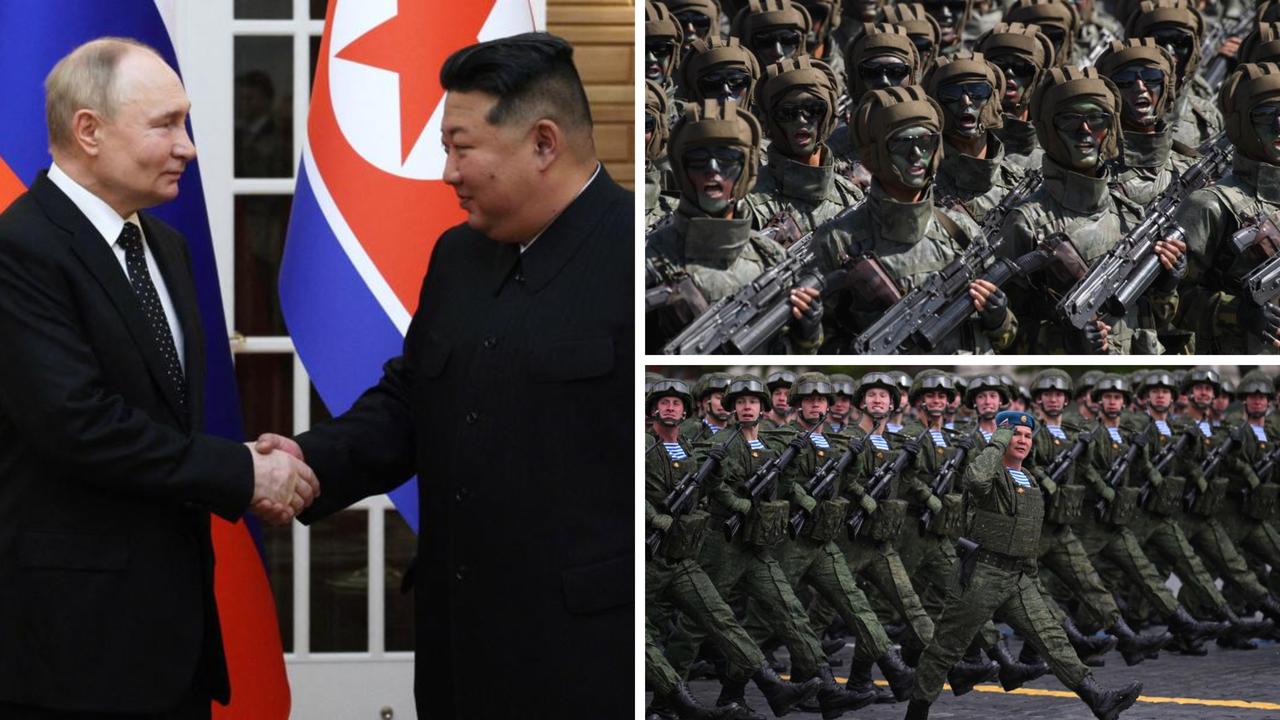Experts warns of ‘acute’ military threat from China within years
China is “working hard” to be in a position to take over a nation on Australia’s doorstep within years, top US intelligence officials have warned.
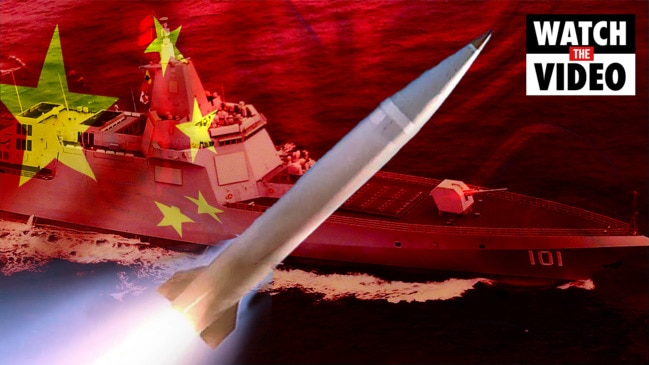
Taiwan is facing an “acute” threat from China within the next eight years as Beijing ramps up its military to enable the nation to seize control – even if the US intervenes.
That’s according to several top American intelligence officials, who have sounded the alarm over the renewed risk posed by China in the region after years of rising tensions.
‘Acute’ threat
During a disturbing testimony to the Senate on Tuesday, the US director of national intelligence, Avril Haines, said Taiwan now faced an “acute” threat from China between the present day and 2030.
And she said while authorities would rather take Taiwan without force, China was actively building up its military to allow it to use that option if needed.
Stream more world news live & on demand with Flash. 25+ news channels in 1 place. New to Flash? Try 1 month free. Offer ends 31 October, 2022 >
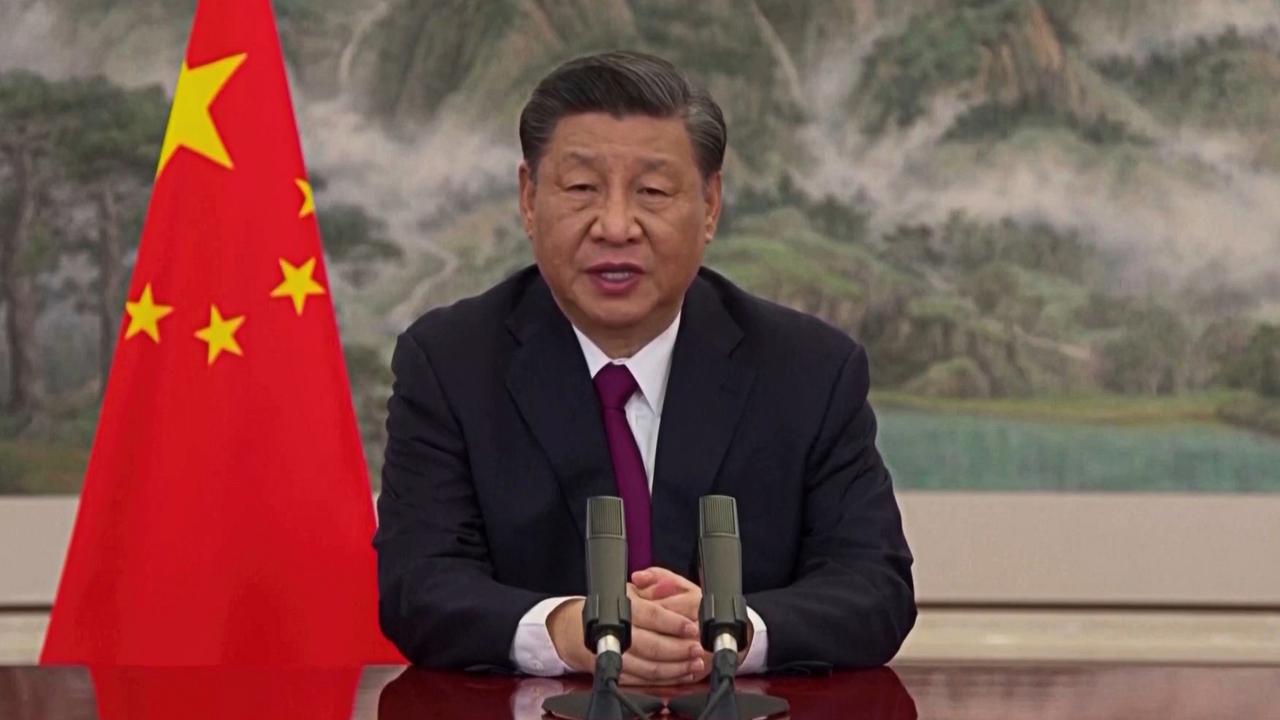
“It’s our view that they are working hard to effectively put themselves into a position in which their military is capable of taking Taiwan over our intervention,” Haines told the committee, adding Beijing “would prefer not to have to use military force to take Taiwan”. “They prefer to use other means,” she said.
Lieutenant General Scott Berrier, director of the Defence Intelligence Agency, also testified, backing up Haines’ claims.
“I believe the PRC (People’s Republic of China) would rather not do it by force. I think they would rather do this peacefully over time,” Lieutenant General Berrier said, adding Taiwan would not have the military might to fight back effectively should China make a move.
“They have a largely conscript force. I don’t believe it is where it should be,” he said.
And in another worrying sign, both spoke about how China may be observing – and learning from – the invasion of Ukraine, and how the world has reacted to the ongoing crisis.
In a speech on Monday, former Australian Prime Minister Kevin Rudd said the fact US and European troops had so far shied away from directly intervening in Ukraine had likely strengthened China’s resolve to take back Taiwan.
“Neither the US or Europeans lifted a military finger to directly assist Ukraine in war against Russia by provision of troops on ground,” Mr Rudd said. “When it comes to your future you will also be on your own.”
His comments come hot on the heels of a claim by CIA director William Burns that Russia’s stalled progress in Ukraine would not have weakened Chinese President Xi Jinping’s ambitions in Taiwan.
“I don‘t for a minute think that (Russia’s failure) has eroded Xi’s determination over time to gain control over Taiwan,” he said.
Taiwan v China
There have been tensions between China and Taiwan since 1945, when the administration of Taiwan was transferred to the Republic of China from the Empire of Japan at the end of World War II.
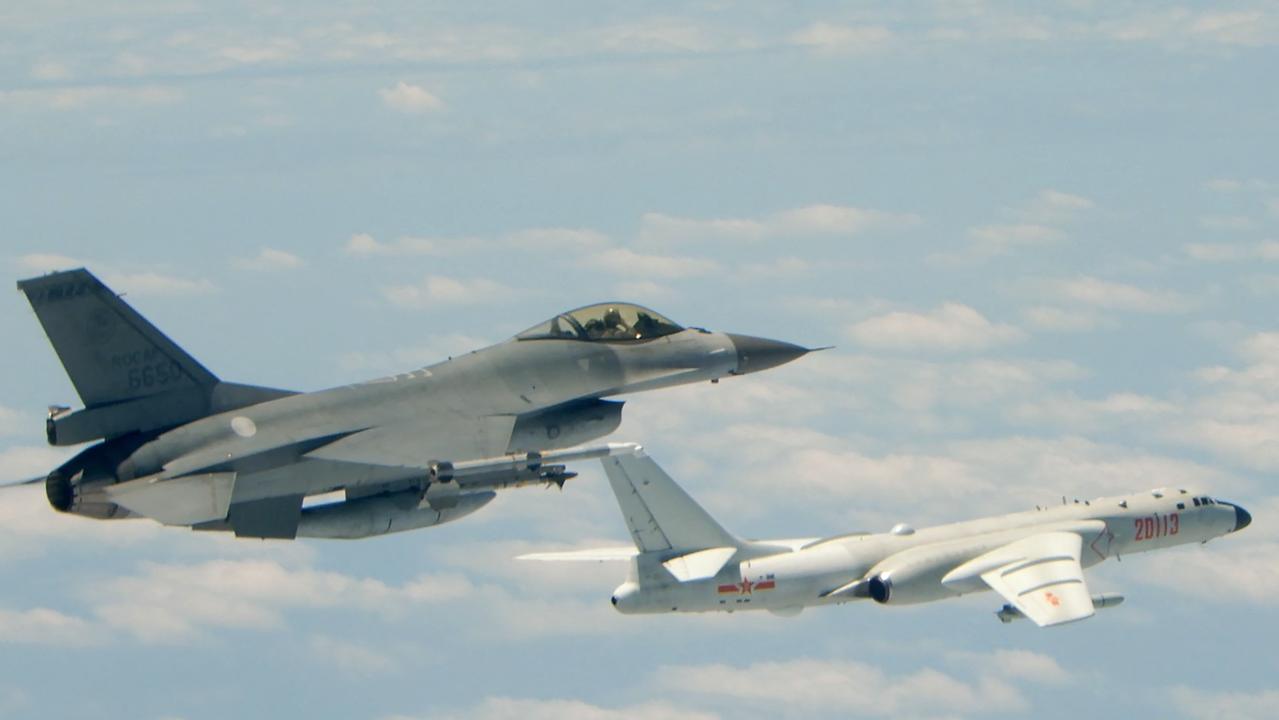
Taiwan never surrendered in 1949 following the Chinese Civil War and since then, Taiwan has been striving for independence while China has been aggressively pursuing reunification, with President Xi Jinping threatening the use of force to achieve that goal.
The US – like most of the world – doesn’t formally recognise Taiwan‘s independence, but has emerged as one of its strongest supporters, supplying weapons worth billions of dollars to the island nation.
Australia’s role
In 2021, a bombshell declassified White House document revealed a US plan to potentially take on China if it attacked Taiwan, sparking fears Australia would be caught in the middle as a close US ally which has stood beside the superpower in every previous major military battle.
The 10-page US Strategic Framework for the Indo-Pacific report, approved by former president Donald Trump, was publicly released well ahead of the original 2043 deadline.
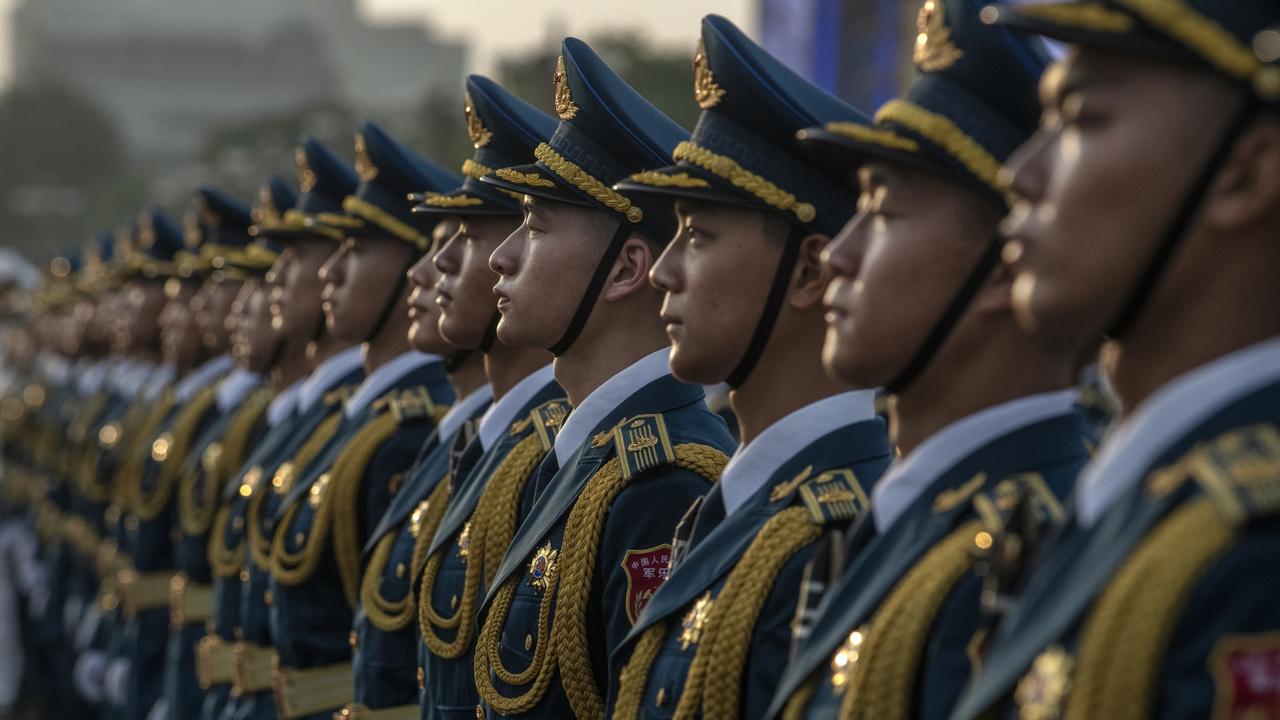
“The original document has been declassified and released, to communicate to the American people and to our allies and partners America’s enduring commitment to this vital region,” National Security Adviser Robert O’Brien said in his briefing paper cover letter.
“The United States has a long history of fighting back against repressive regimes on behalf of those who value freedom and openness. As the world’s largest economy, with the strongest military and a vibrant democracy, it is incumbent on the United States to lead from the front.”





